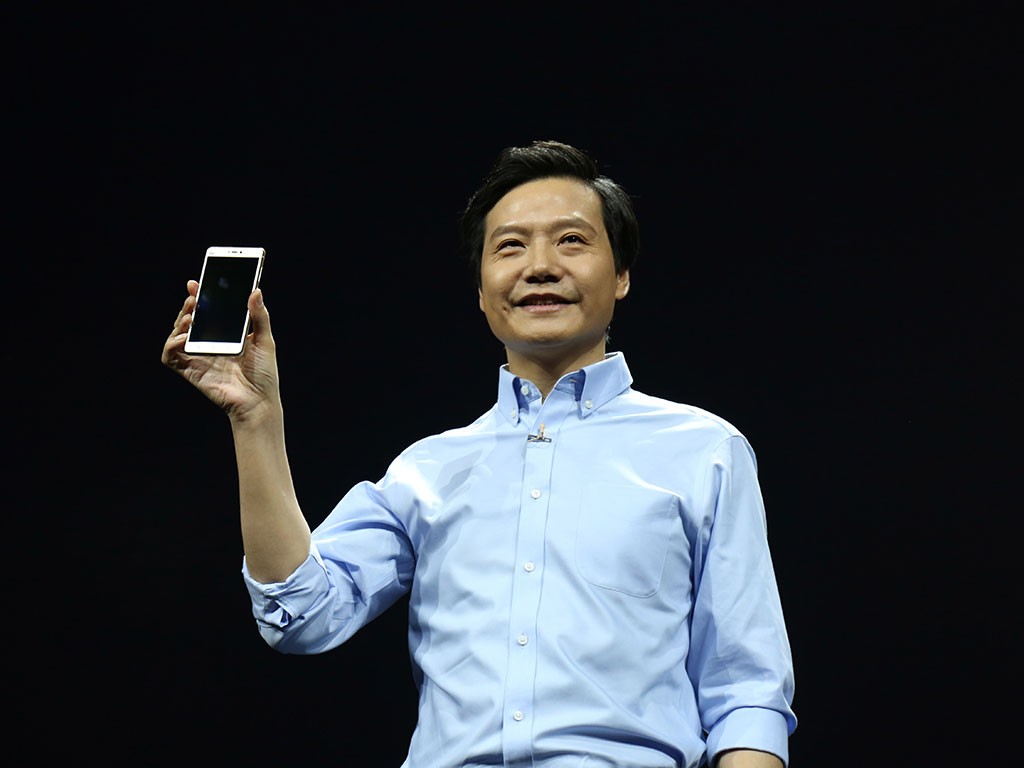Tech companies fear the ad-block bomb
Executives from Yahoo and Google say “blunt” ad-blocking could destroy the value exchange of the digital ecosystem

Ad blocking is a contentious subject, and one that has become increasingly prominent since the software has become more easily available on mobile platforms. Ad-blockers say they are standing up for consumers, but advertisers say their businesses are being undermined
Yahoo and Google have butted heads with the ad-blocking industry at Mobile World Congress. Executives from the two companies exchanged verbal blows with Shine’s CMO Roi Carthy after he likened his company’s solution to a “nuclear weapon” threatening the industry. Carthy called the service “a stellar opportunity to reset the relationship with consumers”, and, while he was not against advertising per se, he did say: “New rules of engagement need to come about”.
Shine blocks all smartphone ads and doesn’t ‘whitelist’ certain publishers
Although the panel discussion was originally billed as an opportunity to discuss why consumers use ad blockers and what marketers can do to improve online ads, much of the conversation centred on Shine’s own services. Unlike rival blockers, it blocks all smartphone ads and doesn’t ‘whitelist’ certain publishers. Carthy said this “blunt” strategy was intended to highlight the way in which consumers were being bombarded.
“Every individual using a mobile handset, smartphone or desktop is being abused by ad tech – that’s not selective, that is 100 percent”, he said. “Consumers do not have the ability to protect themselves. I understand that there is a criticism that all publishers are being painted with a single brush – there needs to be more nuance here – however, where the conversation is right now with ad blocking is less about nuance and more about sending a very clear signal.”
The use of ad-blocking software was up a whopping 41 percent in the 12 months to August, and, according to PageFair, there are 198m active ad block users worldwide. A survey conducted by Adobe recently showed 42 percent of a 260-person sample believed ad blockers improved their computer’s performance. The issue was predicted to cost advertisers $22bn in lost revenue in 2015.
Nick Hugh, Yahoo’s Vice President and General Manager of Advertising in Europe, the Middle East and Africa claimed such a “blunt” instrument could destroy “the value exchange and the ecosystem” in choosing not to discriminate between good and bad ads.
Pete Blackshaw, Nestlé’s Vice President of Digital and Social Media, took a more balanced standpoint when he said: “What’s good about the debate is that it’s forcing us – as we should as marketers – to stay very close to consumer opinion and sentiment… Somewhere in the middle there is a more accepted ad model that consumers will accept, similar to how consumers ultimately accept the paid music model when everyone kind of concluded that would never happen.”













